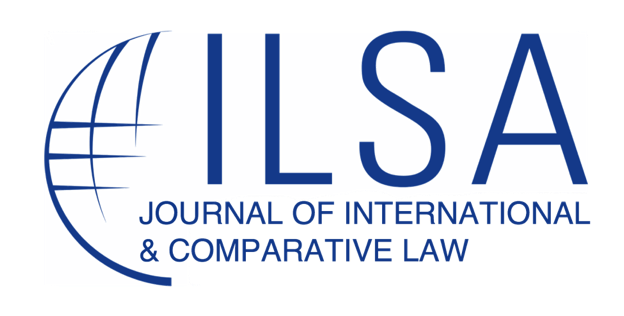
Abstract
The framework of the international trading system is essentially a struggle between: 1) international cooperation substantiated by the dominant economic premises of comparative advantage, which the adherence to which begets more acceptance of freer international trade, and 2) collective group responses to economic impacts of trade within the restraints of respective political institutions of a country.
Recommended Citation
Bejesky, Robert
(2000)
"Comparative Dynamics Of Private Sector Influence On Domestic Trade Policy And Propensity For Enhanced International Cooperation,"
ILSA Journal of International & Comparative Law: Vol. 7:
Iss.
1, Article 4.
Available at:
https://nsuworks.nova.edu/ilsajournal/vol7/iss1/4

